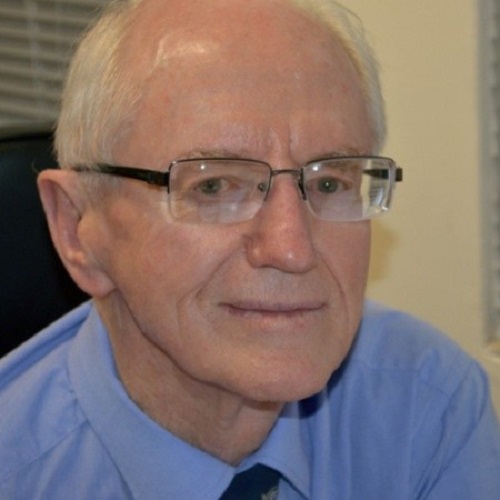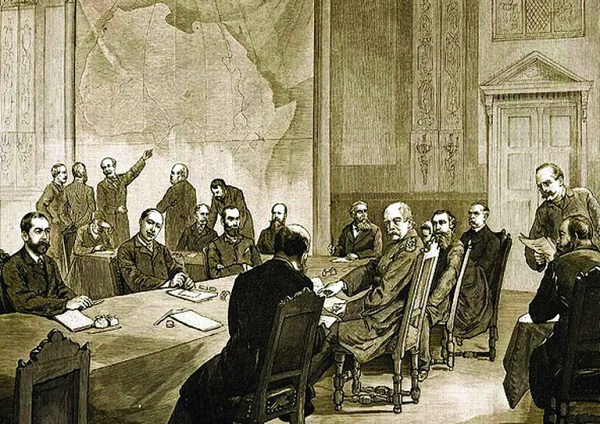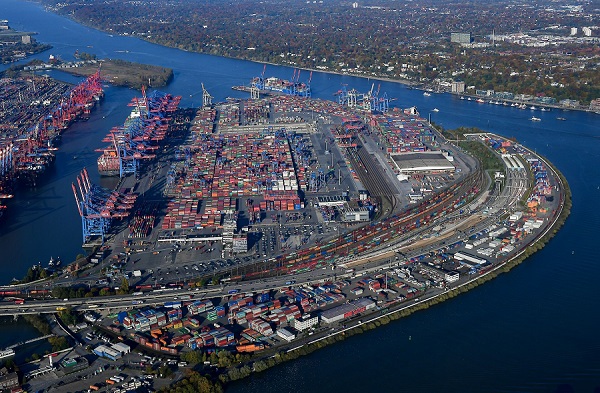by EUSTACE DAVIE
JOHANNESBURG – SOUTH Africans are often told that the Financial Intelligence Centre Act (FICA) protects them from financial crime. What they are not told is that FICA, as it now functions, blocks ordinary people from participating in the economy.
It makes it harder for poor people to earn a living, save, and build better lives for themselves. All of this is done in the name of global compliance.
A law that stops someone from opening a bank account because they lack a municipal bill, or formal payslip is not protecting the public. It is interfering with their ability to trade, to save, and to plan for the future; FICA treats every low-income South African as a suspect before they have done anything wrong.
Since South Africa was greylisted by the Financial Action Task Force (FATF) in 2023, the response from government and banks has been to tighten controls even further. More documents are demanded. More questions are asked. Banks, fearing penalties, have begun quietly turning away the very people who most need access to financial services. This is not a fight against crime, it is a barrier against honest work.
Informal trade is not a temporary side issue; it is how millions of South Africans support themselves and their families. The local trader, the street hawker, the township hairdresser, and the backyard mechanic are not exceptions to the economy; they are the economy. But FICA makes it harder for them to operate. Without access to simple banking services, such as a safe place to store earnings, make payments, or apply for small loans, they are forced to operate entirely in cash. This leaves them exposed to theft, unable to build a financial record, and locked out of opportunities to expand or survive unexpected costs.
The issue runs deeper than red tape. At its core, FICA is built on the assumption that anyone outside the formal system may be engaged in crime. It treats the self-employed and the unemployed as suspects by default. Instead of allowing law-abiding people to transact freely unless there is evidence of wrongdoing, it demands paperwork and approval before they are permitted to act. It replaces trust in the individual with blanket suspicion.
What other countries have understood
Other countries have made practical adjustments. In India, Kenya, and the Philippines, regulators allow people to open limited-use accounts with minimal identification. These accounts are capped and monitored, but they permit legal, low-risk participation in the economy without treating every citizen as a threat. By contrast South Africa applies the same rules to a domestic worker saving R500 as it does to a politically connected fraudster laundering millions.
A pass law by other means
Politicians often claim to support economic opportunity, but the laws they enforce tell a different story. They speak of digital payments and financial innovation yet insist on paperwork that many South Africans simply cannot produce. For those without formal housing, payslips, or utility bills, these rules function as a barrier. FICA has become a kind of economic pass law. It does not police movement, but economic activity; it decides who may participate in commerce, and who must remain excluded.
A system built for somewhere else
FICA was built to mirror global anti-money laundering standards devised in wealthy economies. What works for wealthy, formalised economies with widespread use of formal banking is impractical in countries where millions of people live informally, lack documentation, and operate outside the banking system. The result is a law that punishes poor people, not because they have done anything wrong, but because they cannot comply with requirements designed for rich countries.
FICA must be reformed. Not in the direction of more surveillance, but towards removing unnecessary barriers to entry. South Africa should introduce a voluntary, risk-based KYC (Know Your Customer) system. This would allow people to open low-value accounts with minimal documentation, subject to limits. Traders, workers, and self-employed individuals should be able to save, borrow, and make payments without first satisfying the compliance burdens designed for high-risk corporate accounts.
Poor people are not a risk to be managed; they are individuals trying to improve their lives through honest effort. We should stop treating them as suspects and start recognising them as participants in the economy. Every time a street trader is blocked from opening a basic account, a livelihood is undermined. Every time proof of income is demanded from someone with no formal job, the door to opportunity is closed.
A necessary reform
Parliament should revise FICA to exempt low-risk, low-value accounts from full compliance procedures. The Financial Sector Conduct Authority and the Reserve Bank should issue guidance supporting a voluntary, risk-based KYC system for informal and entry-level financial activity. Banks and other financial institutions must be permitted to serve ordinary South Africans without fear of penalty for treating them as human beings rather than risks. What South Africa needs is not more control, but fewer barriers to lawful enterprise.
NB: Eustace Davie is a Director of the Free Market Foundation and author of Unchain the Child and Jobs for the Jobless.




